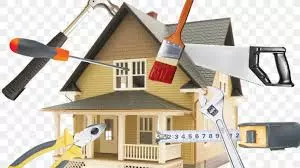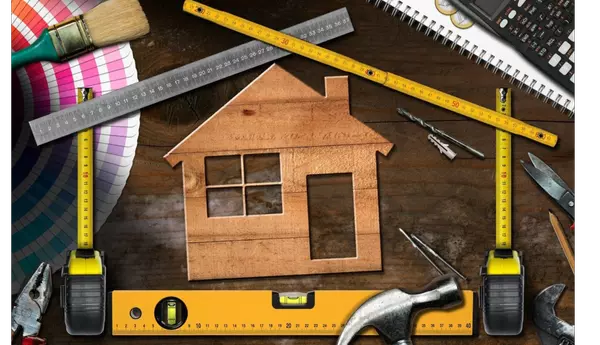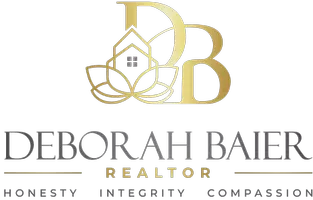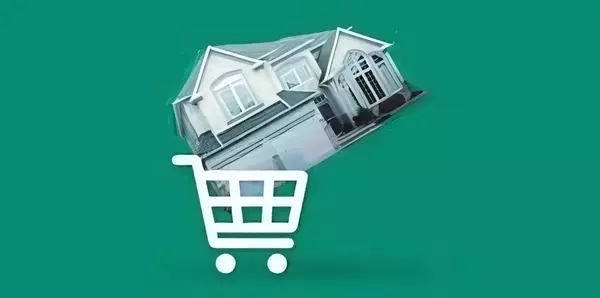
Types of Mortgages
There are several types of loans available for purchasing a home. Some common options include: Conventional Loans: These are traditional mortgage loans offered by private lenders and not backed by government agencies. They typically require a higher credit score and a down payment of at least 3%. FHA Loans: Insured by the Federal Housing Administration (FHA), these loans are designed to help first-time homebuyers or those with lower credit scores. They often require a lower down payment of 3.5% and have more flexible qualification criteria. VA Loans: Available to eligible veterans, active-duty service members, and their spouses, VA loans are guaranteed by the Department of Veterans Affairs. They often offer favorable terms, including no down payment requirement and competitive interest rates. USDA Loans: These loans are backed by the U.S. Department of Agriculture and are designed to promote homeownership in rural and suburban areas. They offer low to no down payment options and have income limitations. There is a Direct USDA Loan based on income and loaned through the USDA Department. The Guaranteed USDA Loan is through a lender. It's important to consult with a mortgage lender or loan officer to determine the best loan option for your specific situation and eligibility criteria. They can provide personalized advice based on your financial profile and help you navigate the loan process. If you have any questions and need lending advice reach out to Caroline Neirenhausen with C2 Financial.

Where to Start When Purchasing a Home
Applying for a house mortgage can be a significant step towards homeownership. One of the first steps is to talk with a trusted lender and Real Estate Agent to help identidy whether or not you are in a position to start the process. Here's a general guide on how to apply for a mortgage: 1. Assess Your Financial Situation: Before applying for a mortgage, evaluate your financial health. Check your credit score, review your income, savings, and debts to get a clear picture of your financial capacity. Depending on the type of loan depends on how much you will need for a downpayment and closing cost. It's recommended that a reserve of no less than $6,000 or more to cover incedentials and potential repairs. 2. Determine Your Budget: Based on your financial assessment, determine how much you can afford to spend on a house. Lenders typically use a debt-to-income ratio (DTI) to evaluate your ability to repay the mortgage. 3. Research Mortgage Options: There are various types of mortgages available, such as fixed-rate mortgages, adjustable-rate mortgages, FHA loans, VA loans, etc. Research different mortgage options to find the one that best suits your needs. It is helpful to connect with a Real Estate Agent to help navigate options and lenders that can work with the various programs that work the best for you and your situation. 4. Gather Necessary Documents: Prepare the required documents for the mortgage application. Commonly needed documents include: - Identification (driver's license, passport, etc.) - Proof of income (pay stubs, tax returns, W-2 forms) - Bank statements - Proof of assets (investments, real estate, etc.) - Employment history 5. Find a Lender: Research and compare mortgage lenders to find the one offering the best terms and interest rates. You can approach banks, credit unions, or mortgage brokers. 6. Get Pre-approved: Consider getting pre-approved for a mortgage before house hunting. Pre-approval will give you a clearer idea of your budget, making it easier to narrow down your search. 7. House Hunting: Once you have pre-approval, start looking for a house within your budget. Keep in mind additional costs like property taxes, insurance, and closing costs. 8. Make an Offer and Secure Financing: Once you find the right house, make an offer. If your offer is accepted, you'll need to secure financing by finalizing your mortgage application with the lender. 9. Underwriting Process: The lender will review your application, credit history, and documentation during the underwriting process. This step ensures you meet their lending criteria. 10. Home Appraisal: The lender will arrange for a professional appraisal of the property to determine its value. 11. Loan Approval and Closing: If everything checks out, the lender will approve the loan, and you can proceed to the closing stage. At the closing, you'll sign the final paperwork and pay any remaining closing costs. It's essential to be thorough and organized throughout the process, as buying a home is a significant financial decision. Seeking advice from a mortgage professional or financial advisor can also be helpful to ensure you make the best choices for your specific situation.
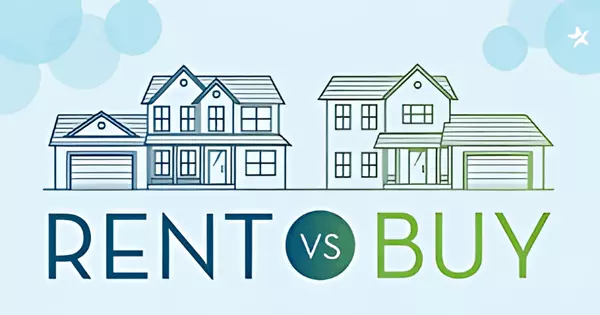
Buying vs Renting
Buying a home and renting both have their own advantages and disadvantages. Here are some pros and cons of each: Pros of Buying: Building Equity: When you buy a home, you are building equity, which is an investment in your future. Over time, your property may appreciate in value, allowing you to build wealth.Stability: Owning a home provides stability and a sense of belonging. You have the freedom to make changes and personalize your living space. Tax Benefits: Homeowners can benefit from tax deductions on mortgage interest and property taxes, which can reduce their overall tax liability. Potential Rental Income: If you have extra space or decide to move, you can potentially rent out your property and generate rental income. Cons of Buying: Financial Commitment: Buying a home requires a significant financial commitment, including a down payment, closing costs, and ongoing maintenance and repairs. Limited Flexibility: Owning a home can limit your flexibility to move, especially if you need to sell quickly or if the real estate market is unfavorable. Maintenance and Repairs: As a homeowner, you are responsible for maintenance and repairs, which can be time-consuming and costly. Pros of Renting: Flexibility: Renting offers more flexibility and allows you to easily move to a different location or downsize without the hassle of selling a property. Lower Upfront Costs: Renting typically requires a smaller upfront financial commitment compared to buying a home, as you only need to pay a security deposit and possibly first and last month's rent. Limited Responsibility: As a renter, you are not responsible for major repairs or maintenance costs, as those are typically the landlord's responsibility. Cons of Renting: No Equity: Renting does not allow you to build equity, as you are essentially paying someone else's mortgage. Rent Increases: Rent prices can increase over time, making it challenging to budget and potentially becoming less affordable. Restrictions: Renting often comes with restrictions on pets, renovations, and personalization. Ultimately, the decision to buy or rent depends on your personal circumstances, financial goals, and lifestyle preferences. It's important to consider your long-term plans and consult with a financial advisor or real estate professional to make an informed decision.
Categories
Recent Posts





